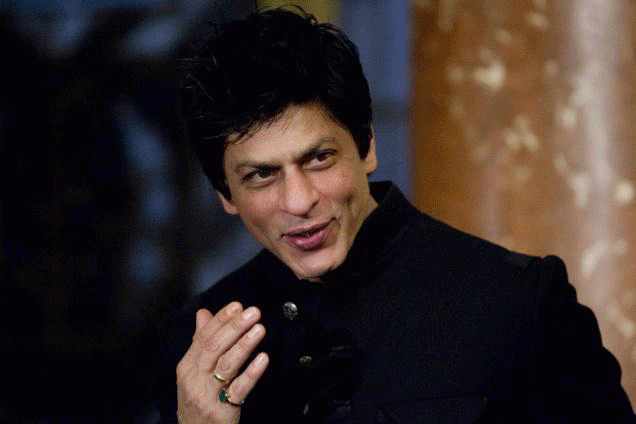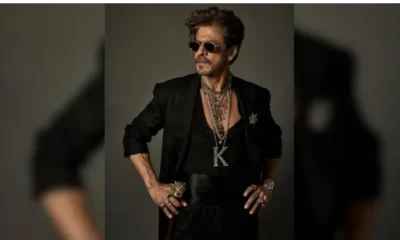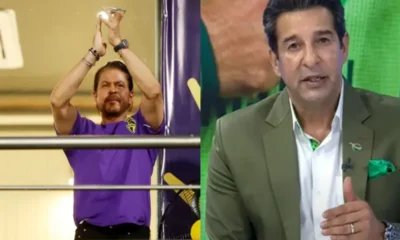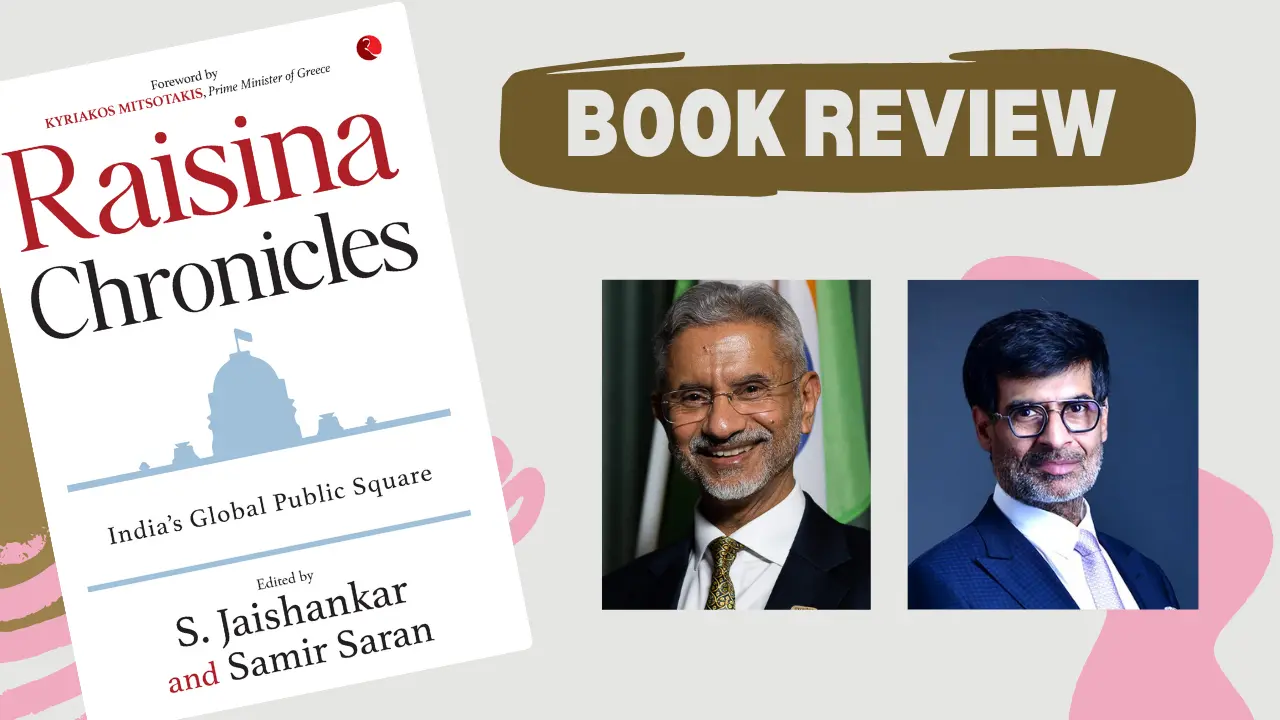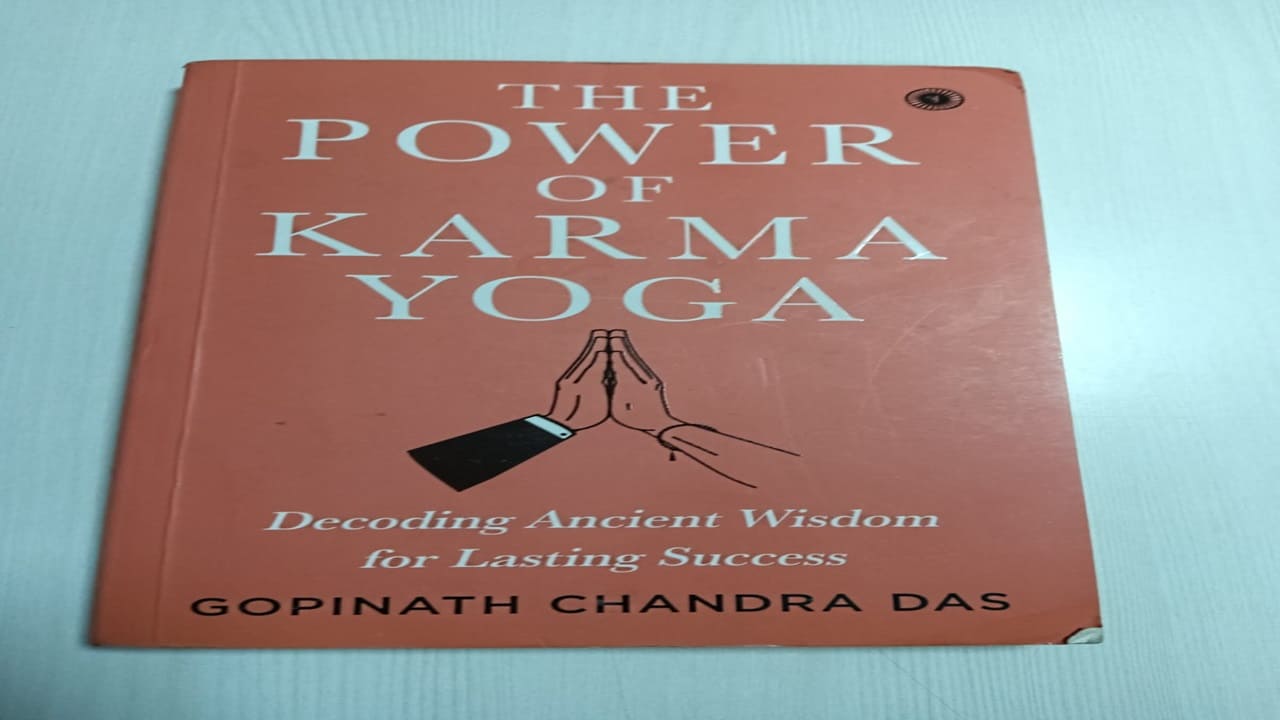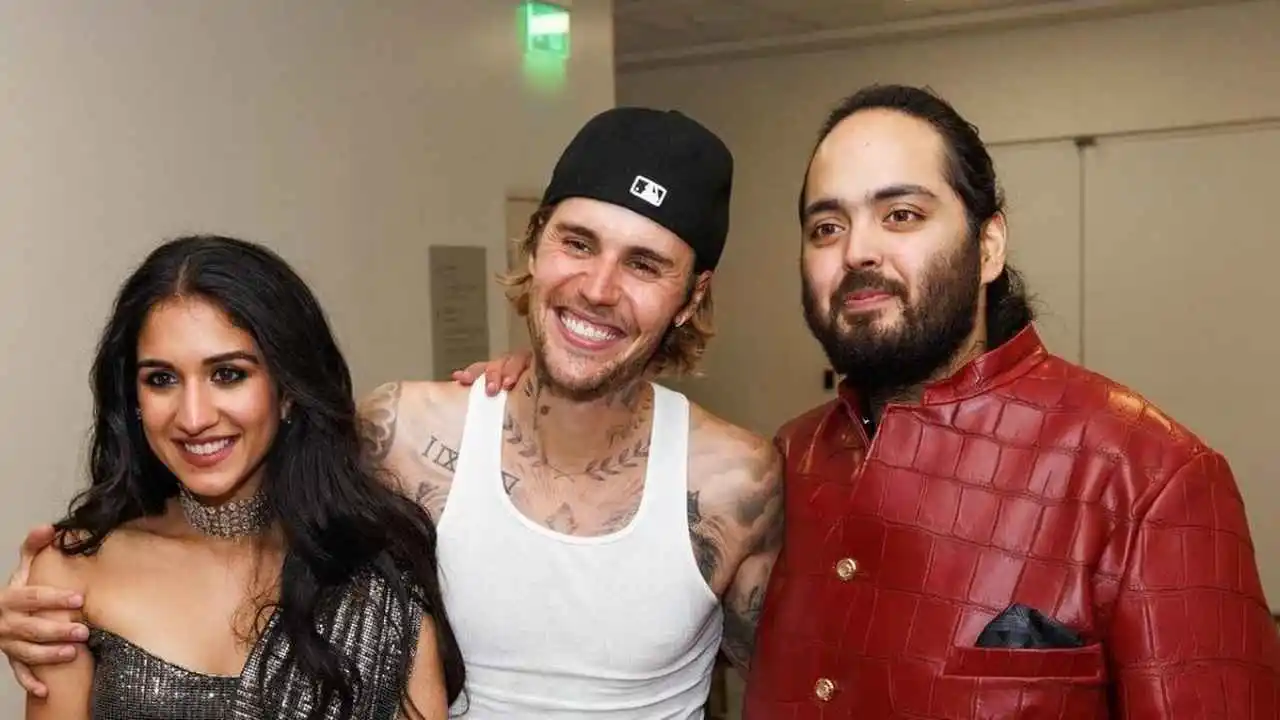[vc_row][vc_column][vc_column_text]Raees borrows heavily from the 70s
By Karan Kaushik
Raees has everything required for an out-and-out commercial Hindi film. It has goons breaking through glass panes, an item song with a hit item girl, and the hero jumping from building to building, plus witty one-liners, slo-mo shots of the hero running, a poor and preachy mother, a daring police officer, Scarface-inspired gun sequences and everything in between. But it still fails to entertain.
Raees is the story of the eponymous hero—a streetsmart liquor smuggler of humble beginnings cast in the mode of the classic do-gooder gangster from films like Agneepath and Dayavan. Sadly, the movie is, in fact, a mix of plot devices and ideas (like this one) that we have seen a zillion times before. So even the controversial presence of Pakistani actor Mahira Khan does not help the script. Characters come and go in this movie, but none leaves a mark, apart from Nawazuddin Siddiqui’s Majmudar, an inspector who becomes SP.
As the film starts, Raees is shown as an ambitious kid, overly touchy about being called ‘Battery’ because of his glasses. Within the first five minutes of the movie it is established that the young lad has big dreams with the (supposed) brains and brawn required to achieve them which takes us back to most of Amitabh Bachchan’s 70s thrillers. And exactly like the growing up sequences from those films, the camera shoots a Muharram procession from Raees’ childhood and then switches to one where he is all grown up.
Shah Rukh is seen beating himself with a chain and the camera pans across his blood-stained back and chiseled torso. His daring attitude becomes evident in the first scene and the audience’s expectations are created, only to be destroyed soon.
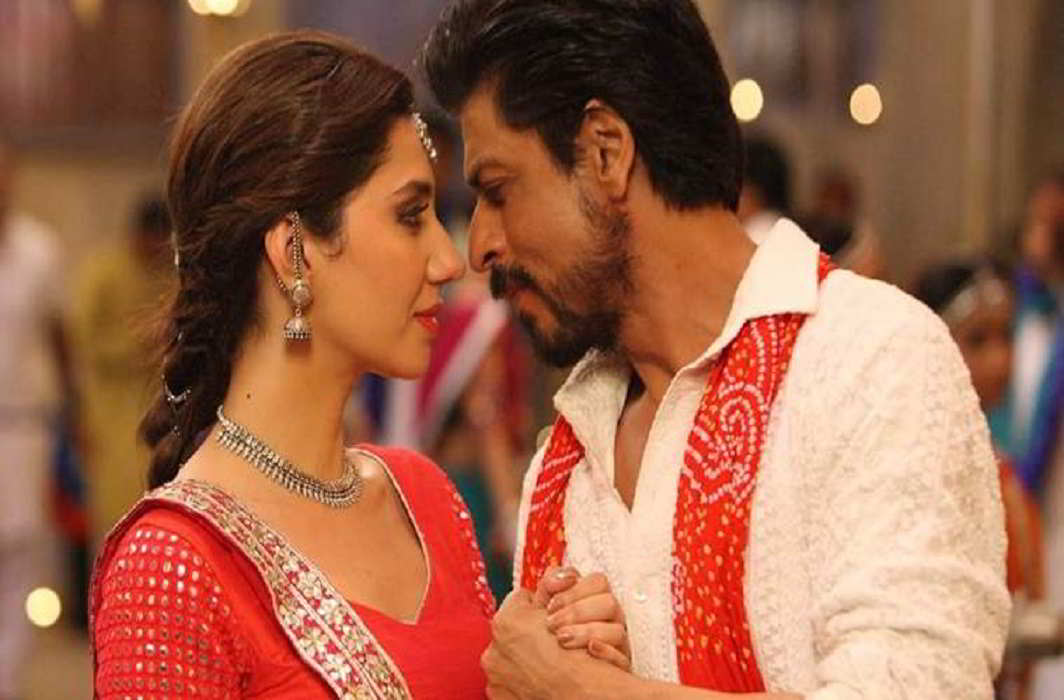
A still from the film
Raees and his best friend Sadiq (Mohammad Zeeshan Ayyub) have been working with smuggler Jayraj Seth (Atul Kulkarni) since they were kids and now that Raees is a grown man, he wants to start his own business. But the path is tough. A few unnecessary fight sequences and the heroine’s entry do not help the movie until Siddiqui’s character Inspector (Jaideep Ambalal) Majmudar enters the film. The audience is excited thinking that the film will pick up some speed now that the brilliant Siddiqui has arrived. It does speed up and some quintessentially filmi dialoguebaazi between Raees and Majmudar does take place but the movie loses its pace again.
As the movie progresses, Raees is stuck between his two images and so is the film. The second half of the movie has terrorism, corrupt politicians, police encounters, failing institutions, et al but still seems shallow. The main problem is that its protagonists as well as other characters lack depth and detailing. Even after a few daring stylized action scenes, the audience is left bored and listless. The trademark romance, for which the star is known, is missing. There are not too many high points in the movie and it is only when Siddiqui appears on the screen that the audience’s interest in the movie returns.
The film showcases Gujarat of the eighties and early nineties. The music of the film is satisfactory with the beautifully sung Zaalima and the peppy Dhingana dhingana. The old classic Laila mai laila and the dandia number Udi udi jaaye, however, don’t leave a mark.
As far as performances are concerned, Shah Rukh’s acting is good and could have been even better had the script been any good. He looks powerful and intense with his kajal eyes and big glasses. But Shah Rukh Khan becomes Shah Rukh Khan during the dance and romance sequences, which are few and far between. And Mahira Khan could have done way better if only she was not yelled at so much by her filmi husband and treated like a typical housewife whose only job is to help raise the kid. Atul Kulkarni as Seth Jayraj and Narendra Jha as Moosa do justice to their short roles. Mohammad Zeeshan Ayyub is reduced to only a loyal sidekick of the hero with not much to do. Again, it is Inspector, and later SP, Majmudar who steals the show.
Watch it only if you are a big fan of Siddiqui and stereotypical Hindi cinema from the seventies and eighties.[/vc_column_text][/vc_column][/vc_row]
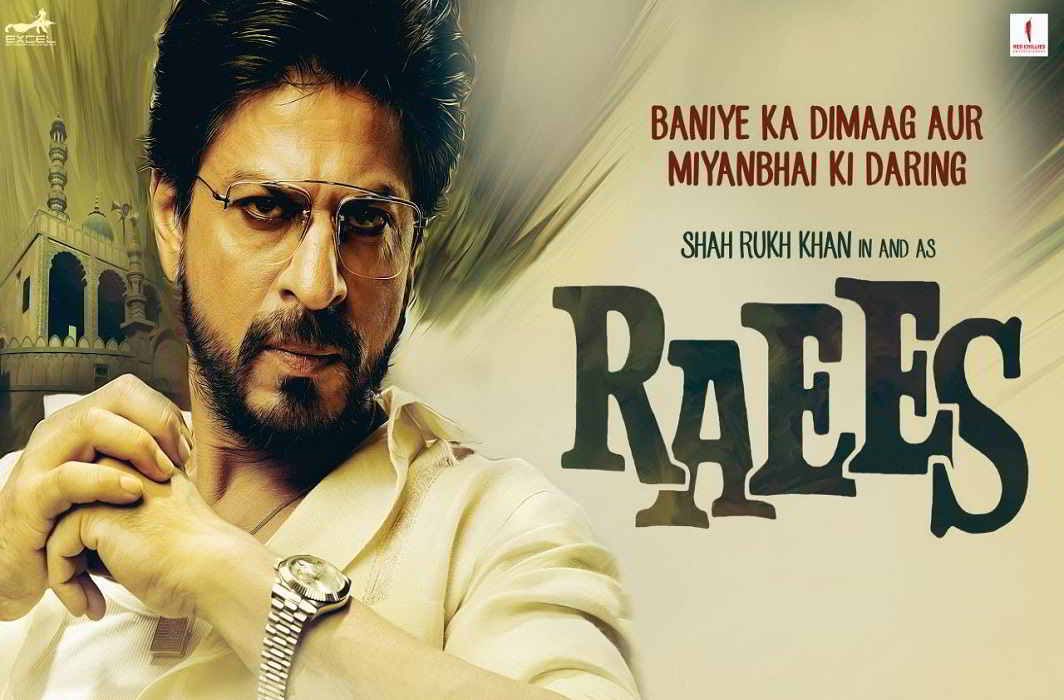

 India News24 hours ago
India News24 hours ago
 Latest world news24 hours ago
Latest world news24 hours ago
 Latest world news9 hours ago
Latest world news9 hours ago
 Latest world news9 hours ago
Latest world news9 hours ago
 India News9 hours ago
India News9 hours ago
 Latest world news9 hours ago
Latest world news9 hours ago
 India News9 hours ago
India News9 hours ago

